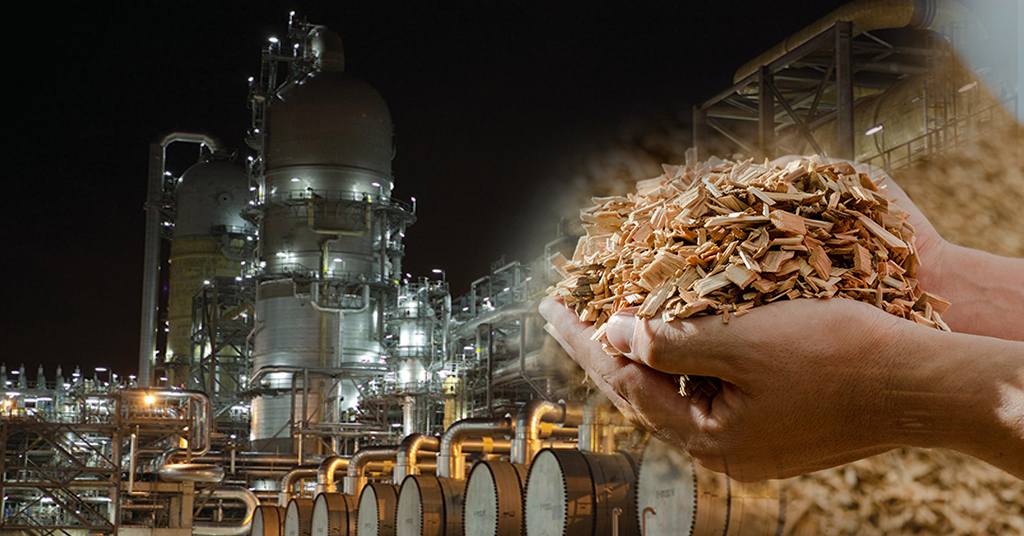Welcome To ChemAnalyst

In the recent week, several US LNG exporters took the unprecedented step of cancelling multiple cargoes as extreme freezing temperatures disrupted terminal operations and led to a surge in US spot gas prices.
Among the affected cargoes, sources indicated that at least one cancellation originated from the Cameron LNG terminal in Louisiana, while another cancellation involved a cargo from the Freeport LNG terminal in Texas. While long-term contracts typically necessitate advanced notification for cargo cancellations, some sources noted that LNG sellers with more flexibility, especially those connected to tolling facilities with independent feedgas supply, might have been encouraged to collaborate with buyers to delay or cancel shipments. This flexibility becomes particularly relevant when external factors, such as operational disruptions or port issues leading to a force majeure declaration, come into play.
During the cold snap, US feedgas demand experienced a significant decline, averaging 12.2 Bcf/d in the week ending January 19, compared to the previous week's average of nearly 14.8 Bcf/d. Major drops in plant utilization were noted at the Cameron, Freeport, and Cheniere's Sabine Pass LNG terminal, with overall feedgas demand dropping to as low as 9.4 Bcf/d on January 16. However, demand has gradually recovered, reaching approximately 13.9 Bcf/d by January 22.
Adverse weather conditions also impacted vessel traffic at the ports serving Cameron and Sabine Pass, causing temporary limitations. Additionally, restrictions were temporarily imposed at the Freeport port. At the Freeport plant, an issue with a compressor caused Train 3, one of the facility's liquefaction trains, to trip for about 12 hours on January 17. Feedgas demand at Freeport plummeted to 670 MMcf/d on January 18 but has since rebounded to approximately 1.5 Bcf/d by January 22.
Simultaneously, US natural gas prices witnessed a significant surge due to widespread freeze-offs, triggering heightened demand for the fuel. Henry Hub cash prices soared to their highest levels in years, settling at $12.97/MMBtu on January 15 and 16. This surpassed the price of LNG in key end-user markets.
Global LNG demand remained muted amid high gas storage levels in key European and Asian import markets, mitigating the impact of the cancelled US volumes. Interestingly, during the cold snap, some US LNG terminals capable of importing cargoes chose to do so. The Cove Point LNG plant in Maryland and Kinder Morgan's Elba Island LNG terminal in Georgia were observed importing LNG during this period.
As for the current scenario, warmer weather forecasts have led to a moderation in US gas prices. The National Weather Service's forecast into early February anticipates warmer-than-normal weather across most of the country from January 30 to February 5. The industry is closely monitoring these developments amid changing weather patterns and operational challenges.
We use cookies to deliver the best possible experience on our website. To learn more, visit our Privacy Policy. By continuing to use this site or by closing this box, you consent to our use of cookies. More info.
